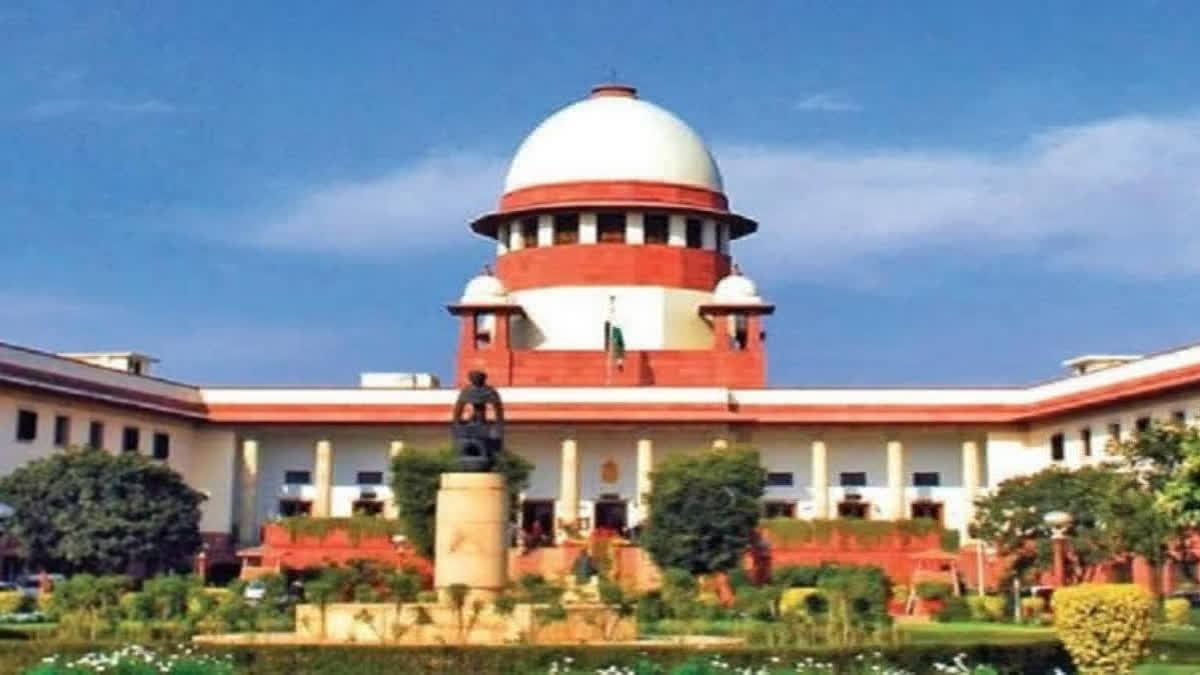New Delhi:The Supreme Court on Tuesday flagged the "worrying trend" where consensual relationships going on for prolonged periods, upon turning sour have been sought to be criminalised by invoking criminal jurisprudence. A bench comprising justices BV Nagarathna and N Kotiswar Singh quashed an FIR registered against a man for alleged offences of rape and cheating, after noting that the relationship continued for nine long years in the case.
“In our view if criminality is to be attached to such prolonged physical relationship at a very belated stage, it can lead to serious consequences”, said Justice Singh, who authored the judgment on behalf of the bench. Justice Singh said it will open the scope for imputing criminality to such long-term relationships after turning sour, as such an allegation can be made even at a belated stage to drag a person in the juggernaut of stringent criminal process. He stressed that there is always a danger of attributing criminal intent to an otherwise disturbed civil relationship of which the court must also be mindful.
"It is evident from the large number of cases decided by this court dealing with similar matters as discussed above that there is a worrying trend that consensual relationships going on for prolonged periods, upon turning sour, have been sought to be criminalised by invoking criminal jurisprudence," said Justice Singh.
The bench said the longer the duration of the physical relationship between the partners without protest and insistence by the female partner for marriage would be indicative of a consensual relationship rather than a relationship based on false promise of marriage by the male partner and thus, based on misconception of fact.
The bench said even if it is assumed that a false promise of marriage was made to the complainant initially by the appellant, even though no such cogent evidence has been brought on record before us to that effect, the fact that the relationship continued for nine long years, would render the plea of the complainant that her consent for all these years was under misconception of fact that the appellant would marry her implausible.
